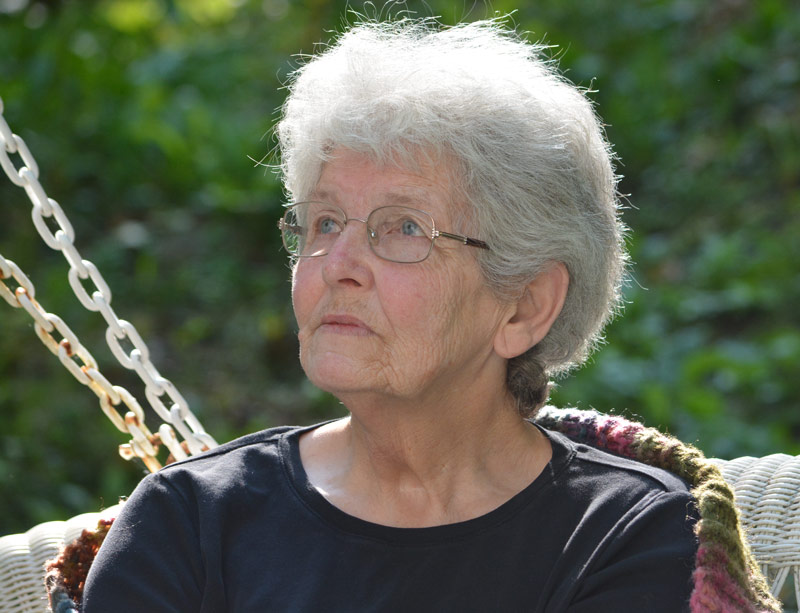Mesothelioma Survivor Shares COVID-19 Vaccine Experience

Fact Checked | Written by: Emily Ward | Last Update: 03/17/2025 | 4 Min Read
Not too long ago, I started a new regimen of immunotherapy for mesothelioma. Juggling cancer treatment in the middle of a pandemic is no easy feat.
The most important rule is to stay safe and avoid unnecessary risks. One of the best protections you can take against the COVID-19 pandemic is to get one of the vaccines. That’s especially true for cancer patients.
Patients with malignant mesothelioma and other cancers have a higher risk of infection, making us more vulnerable to the virus. With vaccine production increasing, cancer patients should start planning how and where they’ll get their shots.
Whether or not you’ve gotten the vaccine yet, this pandemic isn’t over. It’s essential to know how to get tested and stay safe until life can get back to normal.
Covid-19 Vaccine Side Effects and Mesothelioma
I was able to get my first shot of the Moderna vaccine at the end of January, and my next dose is at the end of February.
Both of the vaccines currently available, Moderna and Pfizer-BioNTech, require two injections. Moderna’s doses must be four weeks apart, and Pfizer’s injections are three weeks apart.
After my injection, I had a sore arm and some nausea for about half a day. I still felt unwell for a couple of days after, but everybody I talked to agreed it was typical with the vaccine. Three days later and I was back to normal.
Cancer patients should know that the COVID-19 vaccine, like the flu and other vaccines, are generally very safe. You should always talk to your doctor first, but the people most likely to have severe side effects are those with allergies to other vaccines.
Getting access to the vaccine isn’t as straightforward, unfortunately. Each state has a vaccine rollout plan that separates eligible people into groups. Many states have already made the vaccine available to adults 75 and older.
More states are working on bringing the vaccine to adults ages 65 to 74 and people younger than 64 with high-risk medical conditions. Check with your local health department to determine which group you’re in and the current stage of your state’s rollout.
I keep in touch with the pharmacy I used to work at, and they let me know about their next vaccine shipment. I also confirmed that they’d have enough for the second dose. Pharmacy vaccine supplies can change at a moment’s notice, so call ahead for information on where and when you can get vaccinated.
COVID-19 Testing for Mesothelioma Patients
Throughout the pandemic, I never needed to get a COVID-19 test. In my case, I would have gone for a test only if I started having symptoms. However, it’s always important to check with your doctor because every patient has different circumstances.
If you need to get tested, one of the best ways to get information is to go through your primary care doctor. They can connect you with testing sites or let you know whether you should go to a hospital.
Many doctor’s offices can test for COVID-19. In some cases, the tests are free, but it’s always best to ask what the cost is upfront. Specific locations in my area required a doctor’s order to get tested, and messaging can be inconsistent.
My state’s director for the Centers for Disease Control, Dr. Nirav Shah, did a fantastic job getting consistent messaging out into our community. Our largest health center can vaccinate over five thousand people a day, and more are catching up. The biggest limiter right now is the number of vaccines available.
Staying Safe During COVID-19
Since the start of the pandemic, I’ve kept track of the risk in my rural town. I knew that as soon as there were names I recognized among the infected, then it would be a problem.
As the numbers increased, I stayed isolated and communicated with my family, so I knew who could come to visit and who should stay away. You try to stay as safe as you can, but it’s not always easy.
My family and I continue to follow government recommendations. If you think you’re sick or have been exposed, remain quarantined until you can get tested. Wear a mask whenever you go out, and always wash your hands after being around others.
You rarely see someone in my area not wearing a face mask. Our officials recently lifted the nightly curfew for local businesses since our numbers started improving. I’d like to think we’re almost out of this pandemic, but it’s going to take working together and getting vaccinated to get through the final push.





